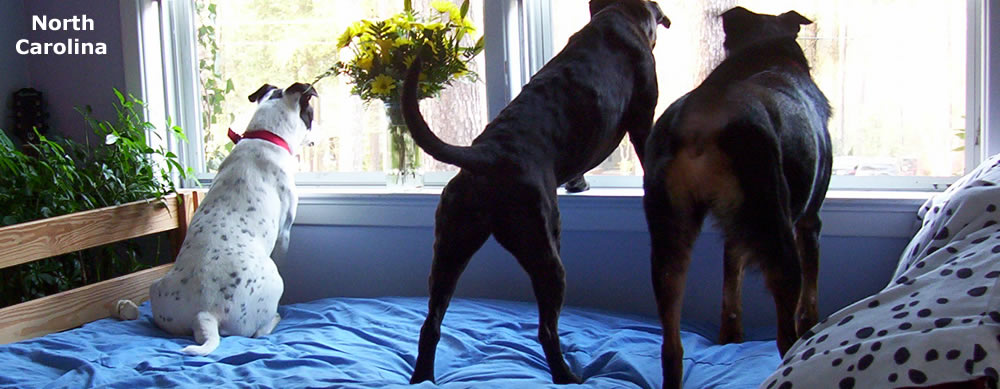

In chapter 4, Harry and Jack meet again at the Barnes & Noble on the west side of Fayetteville. Harry explains that even though the agency, like many large organizations, is structured as an old-style bureaucracy there are always workarounds to sidestep any bureaucratic barriers. Harry argues that the key is to get to know as many people as possible and to familiarize yourself with each individual's area of work and specific expertise. Also, it certainly helps to keep track of the scores and top stories for ACC football and basketball. Harry and Jack agree that they genuinely like nearly all of the people they have interacted with in the agency. They discuss the significant differences between the agency's Raleigh offices and its seven field offices scattered around the state, and the resulting tensions and turf battles.
Harry and Jack discuss Dr. Dunder and the agency's air permit office in Raleigh. Harry explains why he sometimes refers to it as the "EIB Permits Office." He discusses how working in the various offices has allowed him to learn that the EIB Network point-of-view is common among the middle-aged men working in the agency, as well as in the communities at large throughout North Carolina. Harry considers this important information as it helps in understanding the feelings and perspective of people he works with on a daily basis. Prior to working at North Carolina's environmental agency, Harry had not been aware of the prevalence of this viewpoint since he only listened to music stations while driving in his car. Harry chuckles at how working for an environmental agency in North Carolina they could easily be labeled and mocked as "environmental wackos."
Harry discusses the "stereotyping challenges" during his time in Louisiana, prior to the beginning of the EIB Network. While living and working in the midwest, Harry had always described his career as "working in environmental science and engineering." He learned quickly in Louisiana that being called an "environmentalist" was essentially a slur. In Louisiana, Harry was once called as an expert witness for an adjudicatory hearing involving a hazardous chemical spill in Baton Rouge. The first question the defense attorney asked Harry was, "are you an environmentalist?" Harry responded, "No." The defense attorney then agreed to accept Harry as an expert witness on hazardous chemical spills and releases.
Jack describes the air permit workgroup meetings he has attended in Raleigh as essentially "showboat meetings." He explains that he has not seen anything quite like it since the 9th grade cafeteria. Harry, who had worked as the Fayetteville office permits coordinator prior to Jack, and attended many of those same meetings, characterizes it as an Enron-like "smartest guy in the room" office culture. They discuss specific examples. Harry points out that when he first began working in Raleigh the agency's division of air quality led by Director Klimek during Governor Bunt's administration had a respectful and professional culture. Somehow, several years later, the culture in the division of air quality led by Director Undercash under Governor Beasly's administration had changed significantly.
- - -
...
...
...
cast of characters
